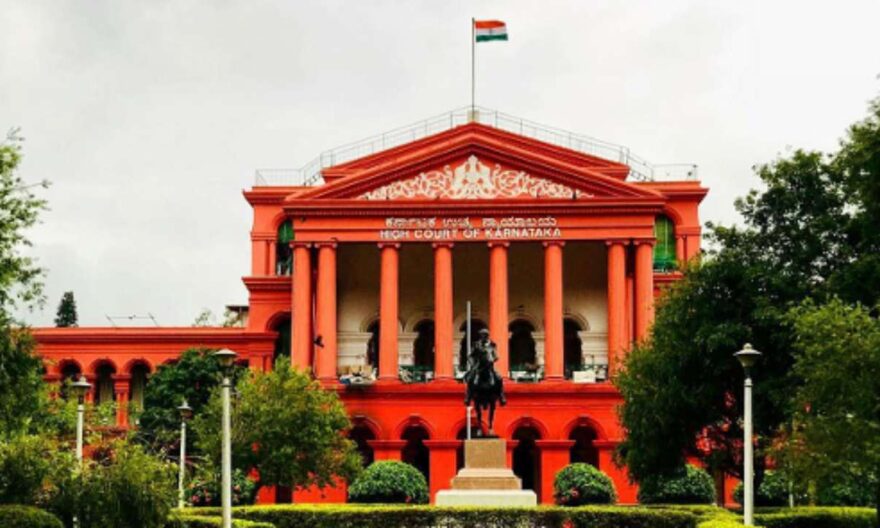
The Karnataka High Court has recently implemented a neutral citation system for all its judgments published on the High Court’s official website.
The purpose of this neutral citation is to provide a permanent identification for a judicial decision, regardless of how it is published.
The introduction of the neutral citation system aims to ensure that court judgments are accessible to all without any subscription or access barriers. It allows for easy access to court-assigned citations, which are considered authentic and can be accessed through the internet. This is beneficial for litigants, advocates, government departments, and law students.
According to a notice issued by the High Court, the neutral citation system offers several advantages. Firstly, the court-assigned citations have a reliable source of authenticity and can be easily accessed online. Furthermore, there are no barriers to access or subscriptions, ensuring that anyone can access the judgments without difficulty.
Additionally, the notice highlights that the judgments available on the Karnataka High Court website now include value-added features such as a QR code, which can be used to verify the authenticity of the judgment’s content. Moreover, the judgments will have a digital signature without any watermark, further enhancing their credibility.
Top of Form
“Similarly, in the Judgments menu of the High Court website when navigated, there is a provision of search by citation number, in which, search of citation number by order date is provided, which further provides for viewing/downloading the Judgments corresponding with Case details, party details, Neutral Citation number and order date, same also now has value addition like QR code to verify the authenticity of content of Judgments and digital signature without any water mark,” the notification stated.
The announcement regarding such neutral citation was first made by Chief Justice of India (CJI) DY Chandrachud in open court in February 2023.
According to his statement, this system will cover all judgments issued by the Court and will be implemented in three phases.
In November of the previous year, the Supreme Court established a three-member panel consisting of High Court judges. The panel’s objective was to develop and implement a consistent and distinctive citation system for judgments.
The Supreme Court, along with the High Courts of Delhi, Kerala, Madras, and Bombay, has already implemented the use of neutral citations for their judgments.




